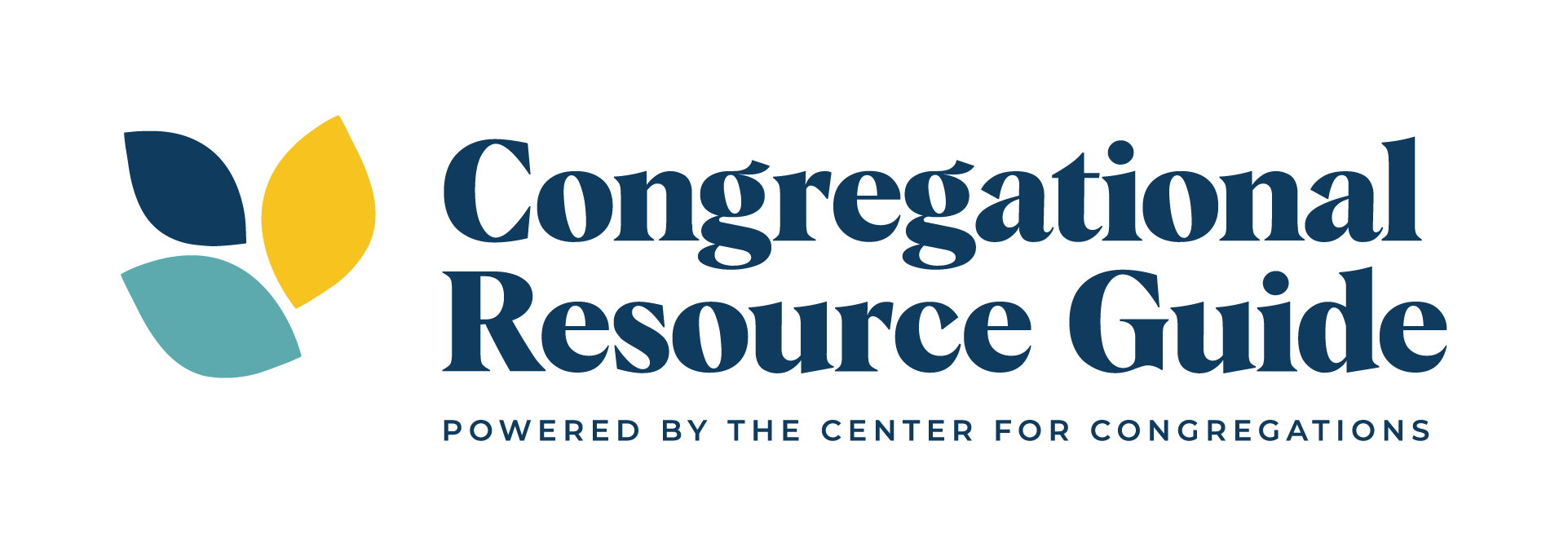In a gathering of congregational leaders, the word “millennial” enters the conversation. A wave of uneasiness settles in — judgment, honest confusion or distress. What is the future of our congregation with these young people?
As a church-going millennial and congregational consultant, I observe these conversations through a few different lenses. Here’s what you should consider.
“What if millennials are the carriers and not the cause [of cultural change].” – Mike McHargue
Thought leader Mike McHargue, voice of The Liturgists podcast and The New Copernican Series, encourages a broader perspective of our changing lifestyles and overall culture. To quote a friend, “I wasn’t born this way, glued to my phone. I didn’t choose to have a six-second attention span.”
Action step: Try withholding judgment in favor of seeking understanding. You might learn something and uncover that millennials make more sense than you thought.
We are individuals with unique stories and normal human needs. Labeling us “millennials” doesn’t even scratch the surface of who we are. We have personalities, varied hardships and defining life experiences. What we do share is an isolating, technology-driven culture. Because of this, we especially need authentic conversation and relationships.
Action step: Try getting to know us on an individual level. This step is recommended in Center staffer Wendy McCormick’s Engaging Young Adults article. My best relationships started by getting together outside of the worship building. Meet us for coffee or invite us to a sports game, a game night, lunch or a local show.
We’ll likely collaborate with you to do something. As society gets faster, our time is important. Help us use time together to further our goals and contribute to something bigger than ourselves. Giving us a meaningful role will make us feel valued and grow our commitment to the congregation.
Action Step: Ask us what we’re interested in or passionate about. Support us in making those ideas happen. Derrick Feldmann’s Social Movements For Good will help you understand social movements of this generation and what makes them successful.
As you get to know young adults, you’ll be able to spend more time together doing the life-giving activities of your congregation.



